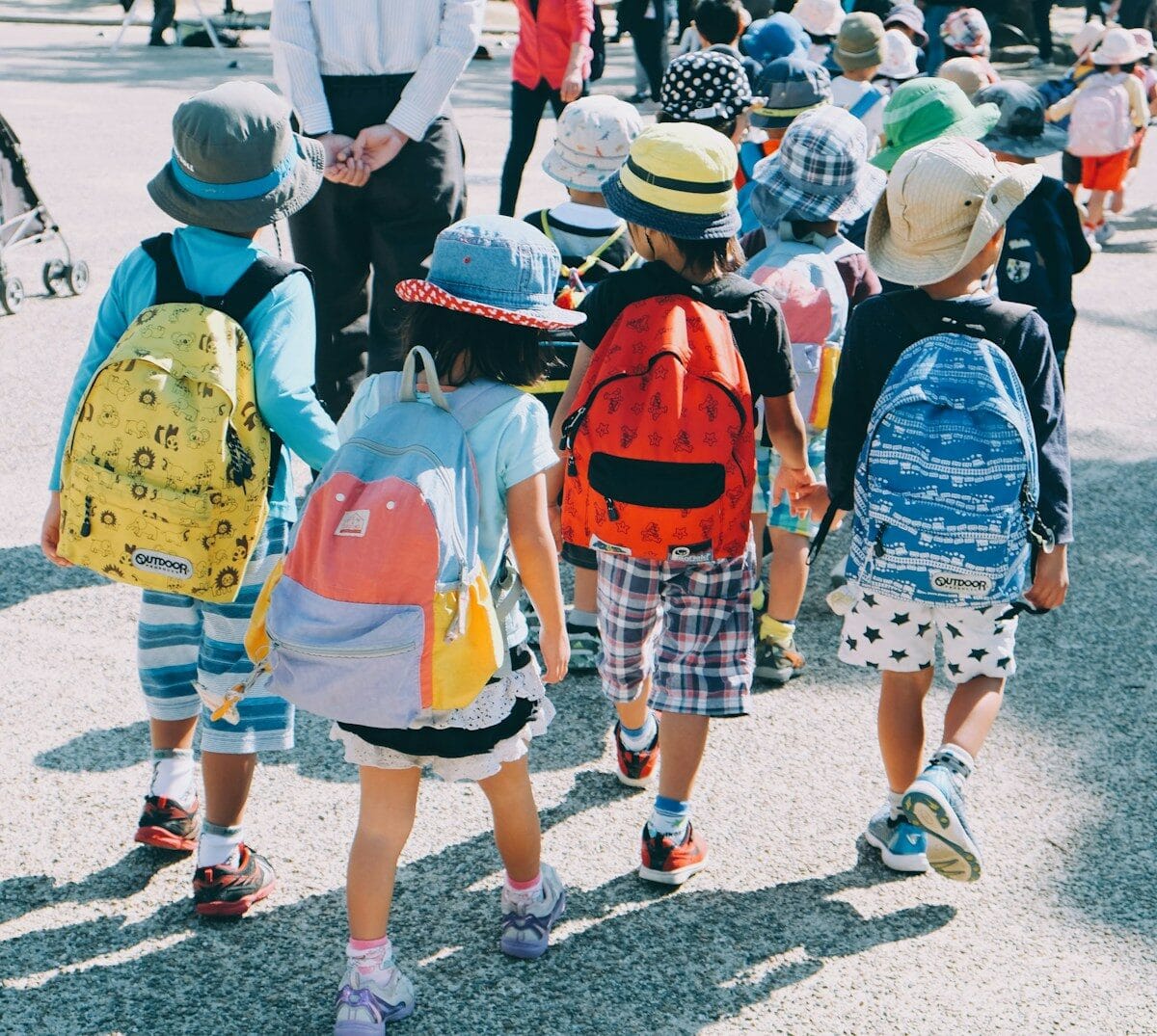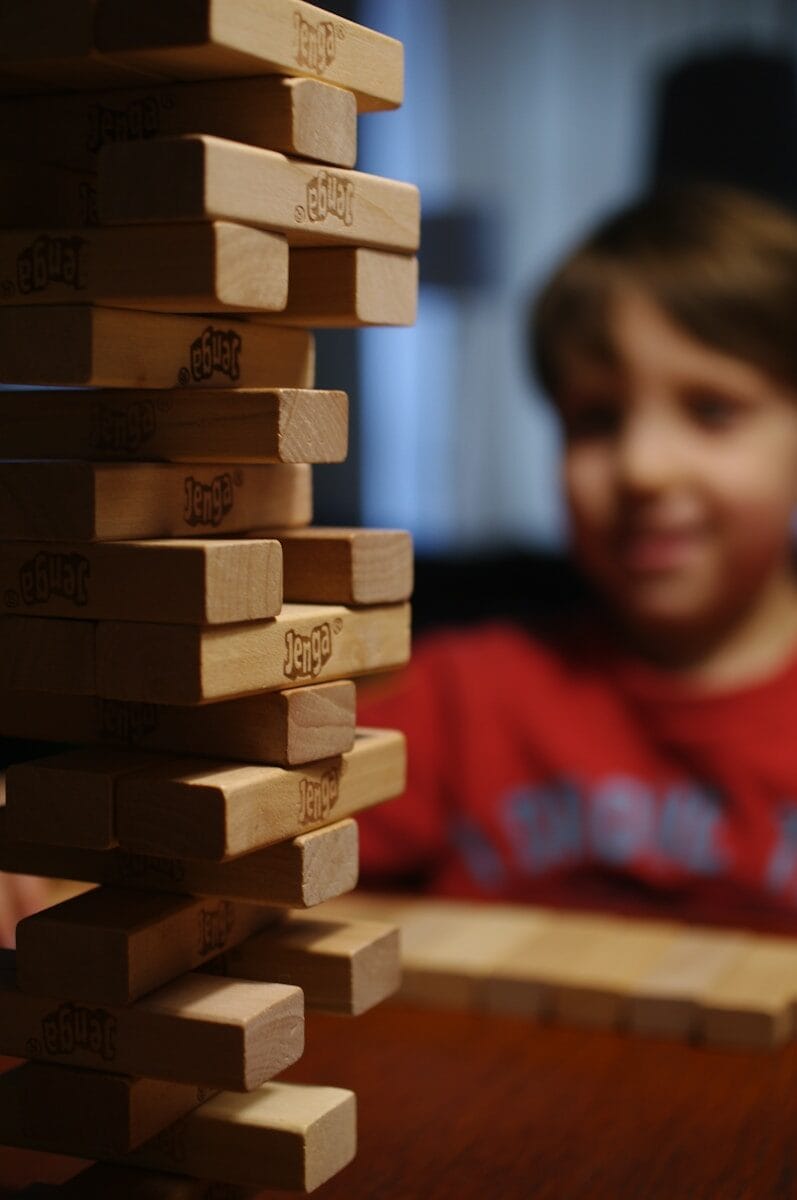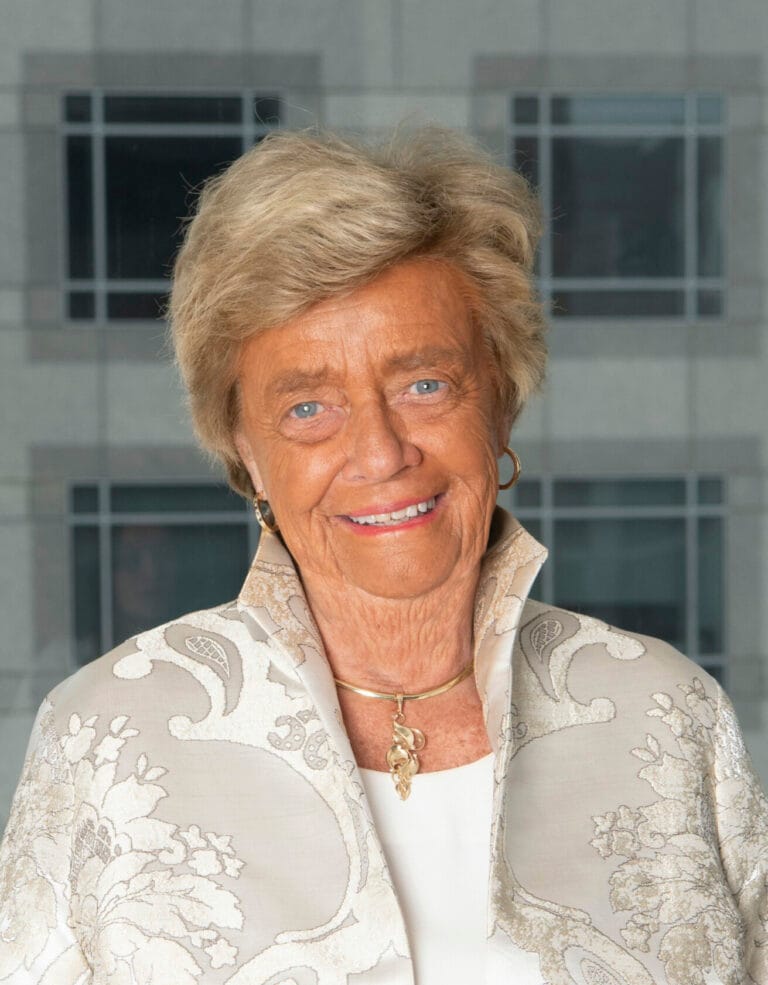Social Capital and Friendship- The Glue that Holds Society Together and How Your Child Can Do Better Than You
A recent research found that children who mix with wealthier peers are statistically more likely to earn higher wages as adults. Social capital and friendship are the glue that holds society together. Find out why your child can do better than you and earn higher income in adulthood.

We tend to love self-made stories, celebrities rising from nothing, beating the odds, making it on your own. But if you study the patterns behind those stories, something else quietly stands out: no one rises alone. The difference is often who they knew and who knew them.
Oprah Winfrey grew up in deep poverty, abused and dismissed, until a handful of key mentors saw her potential. Jay-Z came from Brooklyn’s Marcy Houses and turned his street hustle into a global empire with the help of smart mentors, collaborators and powerful allies and became the first hip-hop billionaire in 2019. Tyler Perry, once homeless, kept pushing through failures until his voice was heard.
Jennifer Lopez danced her way out of the Bronx, finding her way onto big stages through early networks in the entertainment world. Arnold Schwarzenegger arrived in America with broken English and a bodybuilder’s dream but married into the Kennedy family.
None of these people were handed their success. But they knew how to build trust, seek out people who thought bigger, and put themselves in the path of possibility.

This is the quiet force behind achievement: social capital. The ability to build discerning, meaningful relationships. The awareness to choose company that challenges you to rise.
If you want your child to thrive, not just get by—we have to start thinking of social capital as essential, not optional. It’s not a luxury of the elite. It’s a skill, teachable from a young age, as vital as nutrition or education. While intelligence and hard work matters, who surrounds you shapes the choices you see and the life you believe is possible.
Who You Know: How Your Child’s Friendships Shape Their Adulthood
By the time you send your children off to school, you have read the parenting books, worried about screen time and debated over sugar intake. You have enrolled them in swim lessons and signed them up for piano, hoping to offer them every advantage we can. But a new study confirms something we have long suspected and perhaps feared:
the children our kids sit beside in class might have more influence over their future than anything we can sign them up for.
The research, published earlier this year, found that children who mix with wealthier peers are statistically more likely to earn higher wages as adults. Not because they received extra tutoring. Not because they inherited anything. But because proximity to children who are better off seemed to shape the way they made decisions.
At first glance, it’s tempting to focus on the socioeconomic divide. But the deeper story is not about privilege passed down—it’s about patterns picked up. Children who spend time around peers with more resources often see different habits modeled: longer-term thinking, more strategic problem-solving, a different relationship with risk and reward. They learn, often indirectly, how to weigh choices differently.
And choices, in the end, are what build a life.
Better-off children are statistically more likely to be surrounded by adults who plan five steps ahead. They see parents budgeting for vacations, making subtle calculations about mortgage rates, or weighing the pros and cons of taking a new job. Even if those conversations aren’t happening at the dinner table, that mindset is in the air. When your child spends time around peers who carry echoes of that thinking, some of it sinks in.
It’s not about trying to control who your child befriends. It’s about recognizing that relationships—at any age—can expand or limit the horizon. Being around peers who make discerning choices, who see value in consistency, effort, and delayed gratification, often builds a subtle compass in our children’s own minds. Over time, that compass doesn’t just guide them through high school. It influences the partner they choose, the risks they take, the opportunities they think they deserve.
What resonates so deeply here, especially if you are one of the women who have walked through fire to build lives of their own, is the quiet validation of something you have learned the hard way: who you surround yourself with matters. You see it in our own career. You have watched how women who champion each other rise together, while those entangled in envy and gossip or smallness stay stuck. You see it in friendships that either expand your courage or drain your dreams.
And now we see it in our children’s world too.
It’s easy to dismiss influence as something that comes later, in adolescence or adulthood. But it starts early, in playground dynamics and birthday party conversations. And just like us, children quietly calibrate their inner compass based on who they’re walking alongside.
The implications of the study are not about class warfare or chasing elite school gates. They’re about the power of friendship. The kind that listens a little more closely when your child tells you about their day. The kind that keeps an open door and a warm kitchen for the right kind of friends. The kind that knows the most enduring wealth we can offer our children isn’t in their bank account—it’s in their sense of possibility, built one choice, one conversation, one relationship at a time.
Do you want to share your story and inspire our readers ? Know that YOUR EXPERTISE is paving the way for a fairer, happier society.




